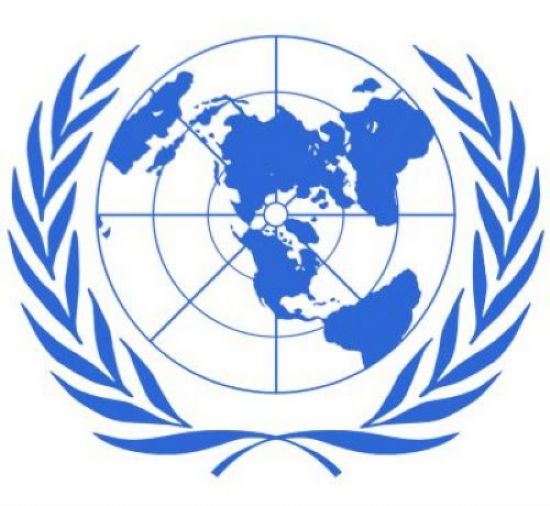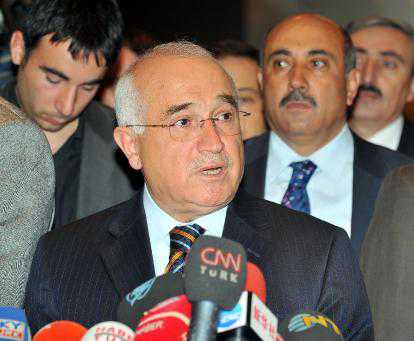This is how the German magazine Stern views Turkey on the 50th anniversary of the first arrival of (permanent) guest Turkish workers: Turbo-Staat Turkei. A vibrant economy and a remarkable transformation from the days of almost extreme poverty 50 years ago; the Bosporus now glittering with wealth and every other possible euphemism for the “Turkish miracle.”
The Germans have always been good at making cars. I trust they should know that a turbo-speeding car does not always guarantee a safe and comfortable drive for its passengers, especially when its other mechanical parts suffer major faults. Nor does the size of the car matter for a happy ride – on a ceteris paribus scale, who would wish to live in extra-turbo state India and who, in the much smaller-engined and not-so-turbo Holland?
With all due respect for the world-renowned German expertise in the motor industry, I shall try to complete the assessment of the “Turbo State Turkey” with independent facts and figures:
According to the UNDP’s Human Development Report “Sustainability and Equity: A Better Future for All,” released last week, Turkey stands at a not-so-turbo 92nd out of 187 countries in its human development ranking. The report notes that Turkey’s human development index is below the average for countries in the high human development group and below the average for countries in Europe and Central Asia. Central Asia!
UNDP’s gender inequality index puts Turkey at the 77th place out of 146 countries. In Turkey, the report notes, women hold 9.1 percent of parliamentary seats, and (as low as) 27.1 percent of adult women have reached a secondary or higher level of education compared to 46.7 percent of their male counterparts. Female participation in the labor market is 24 percent compared to 69.6 percent for men.
Earlier this year, the World Economic Forum’s 2011 report had put Turkey at the 122nd place out of 134 countries – the lowest ranking in Europe in women’s access to education, economic participation and political empowerment. What other “turbo” effect?
According to the World Press Freedom index issued by the Paris-based advocacy group Reporters Without Borders, Turkey ranks 138th out of 178 countries, sporting a record number of journalists in jail, higher than in China and Iran. The Freedom to Journalists Platform, a Turkish group, lists 68 journalists in jail on charges that it says violate freedom of expression, including charges about a book not even published.
The economy may be turbo at speed, but it is not equally reliable in sustainability. Forget the huge current account deficit. According to the U.N.’s Economic Freedom Index, Turkey is the world’s 67th freest economy, and it ranks 30th out of 43 countries in the European region.
And the turbo speed comes with some motor faking, too. According to Transparency International, a leading anti-corruption organization, Turkey’s corruption ranking is at the 56th place out of 91 countries measured. Turkey’s ranking is worse than Namibia, Oman, Brunei, Bhutan, China, Botswana and the United Arab Emirates.
Not surprisingly, Freedom House has put Turkey at 116th place out of 153 countries, labeling the turbo democracy as “partly free.” And the Economist Intelligence Unit’s Democracy Index 2010 gave Turkey 89th ranking out of 167 countries. In this list, Turkey ranks behind Lebanon, Honduras, Ecuador, Albania, Bangladesh, Mali, Ghana, Lesotho, Guyana, Benin, Namibia, Mongolia, Papua New Guinea, Timor-Leste, China and Botswana.
Turkey’s democratic credentials, coming under the tag “hybrid regime,” is one category below the tag “flawed democracy.” So, the turbo state is not even a flawed democracy. This is, sadly, the real motor quality behind the shining armor of the turbo state Turkey.
All the same, the choice between extreme doses of economic instability and democratic malfunctioning is entirely personal. Today, I got a sad letter from a great friend who lives on the other side of the Aegean. “Where is it better to live?” the friend was asking, now having to choose between Greece and somewhere south across the Atlantic. “In a failed democracy that does well in the economy, or in a failed economy that manages somewhat better in democracy?” Difficult question. “Now I know the answer,” he wrote. I am not sure he does.
via Turbo State Turkey! – Hurriyet Daily News.


